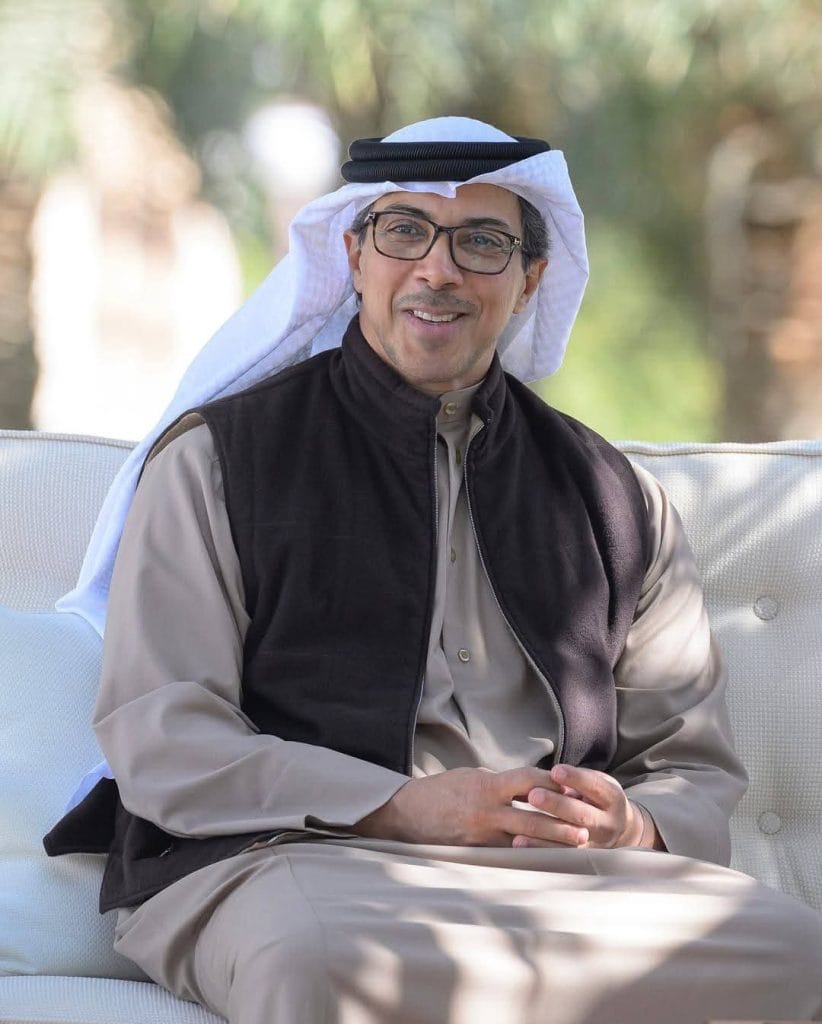A recent investigation by the New York Times revealed that Sheikh Mansour bin Zayed Al Nahyan — the UAE’s vice president and owner of Manchester City Football Club — played a behind-the-scenes role in Sudan’s civil war, quietly supporting the Rapid Support Forces (RSF) led by Mohamed Hamdan Dagalo (Hemeti).
According to the report, Mansour hosted Hemeti in his Gulf palace just weeks before the war erupted in April 2023. Intelligence sources say this meeting helped coordinate covert support, including drone shipments and advanced weapons, delivered under the cover of humanitarian aid through Emirati-controlled charities.
While the UAE has officially denied involvement, intercepted communications and satellite data reportedly confirmed the delivery routes and nature of the cargo. Hemeti’s forces have since been accused of mass atrocities across Sudan, including ethnic cleansing, systematic sexual violence, and destruction of civilian infrastructure.
Sheikh Mansour is better known globally as a symbol of Gulf wealth and soft power — the face behind a multibillion-dollar football empire that stretches from Manchester to New York. Yet behind this public image lies a track record of involvement in strategic power plays across conflict zones like Libya, Yemen, and now Sudan.
His support for Hemeti is not viewed in isolation. Analysts suggest it fits a broader UAE strategy: extending influence through militarized proxies while promoting a polished international image through sport, tech, and culture. Sudan, with its gold reserves and geopolitical location, was seen as a valuable asset — and Hemeti, the preferred gatekeeper.
This dual life is now catching up with Mansour. His name has surfaced in multiple international investigations, including financial scandals like the 1MDB case, where he was labeled a “key associate” in laundering vast sums of stolen funds. His prized football club, Manchester City, is also under investigation for over 100 financial breaches, with outcomes that could reshape the club’s future in the Premier League.
Once perceived as untouchable, Mansour now stands at the crossroads of global scrutiny. From sports diplomacy to armed conflict, his influence reveals the uncomfortable intersection of soft power and hard warfare — and the quiet architects who operate in both.



